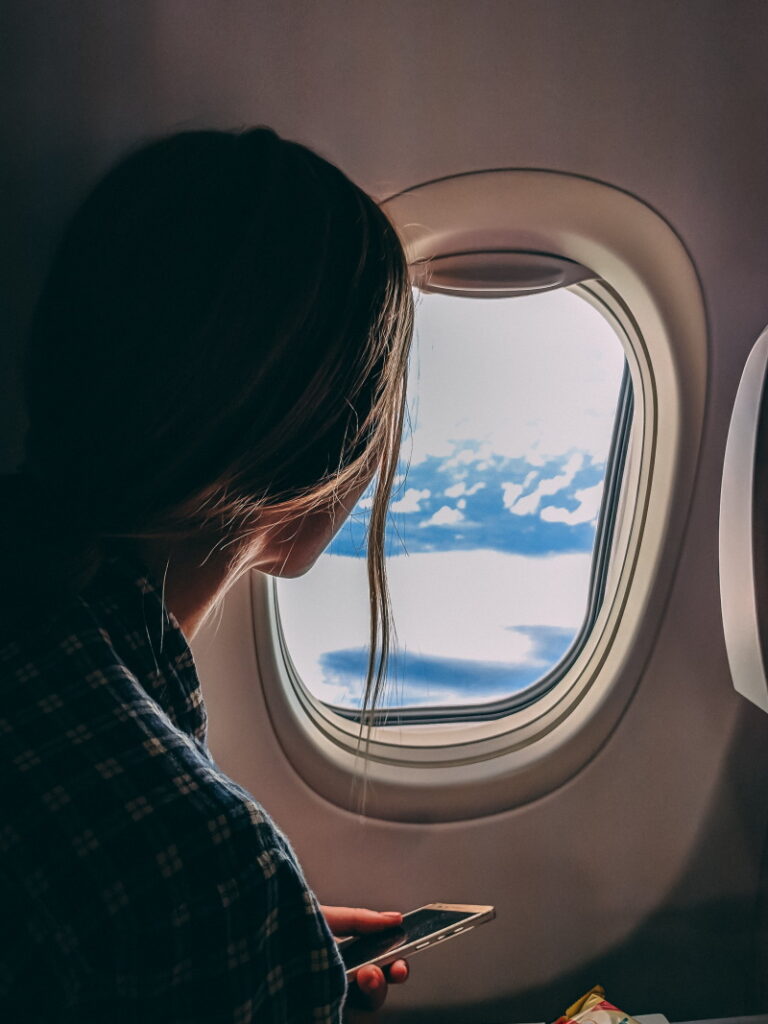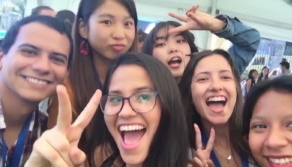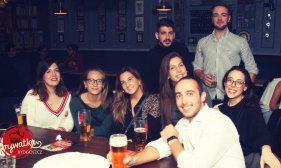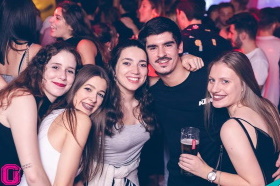ERASMUS+ is an EU action programme in the field of lifelong learning that offers students the possibility to undertake a study period/internship in another European university/company, either with academic recognition (as an integral part of the study programme of the home university) or without academic recognition (in the case of extra-curricular traineeships or graduate traineeships).
The erasmus student will benefit from a unique academic, personal and perhaps professional experience that will translate into their growth. You will have the opportunity to learn new working methods, new technologies, to access other knowledge and other cultures and to develop your language skills. This opportunity will contribute to: a possible and greater future employability, not only in national but also in international markets; a greater capacity to adapt, flexibility, autonomy, initiative and entrepreneurial spirit; the widening of horizons, thus favouring the construction of a Europe that is increasingly pluralistic but united by cultural, linguistic and educational diversity.

testimonies
An enriching experience that I will certainly carry with me for life. I will never forget what Osijek offered me during 5 months. The memories, friendships, experiences, good or bad, it was all important to promote my personal development. I will never regret that I made the decision to go on Erasmus, even though it was during the pandemic. However, of course it was different from a “normal” experience without a pandemic, but it was not worse or I regretted it, quite the opposite. Thank you UPT, for making this amazing opportunity available to me.

Diana Rodrigues –
Law, 2020-21, University of Osijek, Croácia
It was a fantastic experience above all because I learned a lot, I had contact with excellent teachers, I met other cultures and I spent good moments that have become unforgettable memories.

Alexandra Silva –
Management, 2020-21, École de Commmerce Européenne, Lyon, France
My Erasmus+ experience is being amazing, of course the current situation puts some obstacles to certain activities, but even so I’m loving it. I think that doing Erasmus is helping me to grow a lot, to become more independent, because as I always lived in Porto I still live at my parents’ house, and here I am living in a dormitory, which as you can understand becomes more interesting because I only live with other students from the most varied universities and countries, here I also had to learn how to manage money for rent, food, activities, transport and other things. I think doing Erasmus is a very enriching activity and I recommend everyone to do it, because you have the opportunity to meet completely different cultures and work on your English which is always a plus!

Lara Brandão –
Law, 2020-21, Lituânia
Last year and at the beginning of this year I already spoke with the rector and some coordinators in Wroclaw about this subject, and from their answers and our conversations I got the idea that this year would be different for the better. But it is not because of this that I stop recommending mobility and I will now give my (more positive) testimony of this experience that I recommend 100%. This is my second semester in mobility (last year I saw my Erasmus supposedly annual interrupted by Covid-19) and there is no experience that I advise more than this. I think everyone should do at least one semester outside Portugal. The advantages are immense for our evolution as people. Living “alone” and/or with colleagues, meeting people from all over the world, being 100% responsible for your daily life are all factors, as I said before, to evolve and to get out of your comfort zone but above all to get to know yourself and what you want to do in your life. If you have the opportunity, don’t hesitate! Enjoy Erasmus.

Luís Silva –
Economics, 2020-21, University of Wroclaw, Polónia
The fact of coming alone on Erasmus made me grow in many aspects. I admit that in the beginning I was afraid, but in fact this adventure taught me to be more responsible and independent.
I didn’t expect that when I arrived here and said I was from Porto everyone would be delighted and would ask me to speak Portuguese. There is a huge curiosity to know about each other’s cultures. When you talk about Porto…the reaction is always the same, even more when you talk about academic traditions.
I was very well received by the University, by my colleagues and professors; and despite being far from my beautiful Porto, I feel at home. It is without a doubt one of the best experiences of my life.
I can’t stop thanking UPT for this great opportunity, support and encouragement in making this experience come true.

Beatriz Rocha
The mobility is being, without a doubt, one of the best and most enriching activities I have ever participated in, I have already met a lot of people from all over Europe, we exchanged ideas, we did several activities, we traveled around Poland, we created complicity.
As for the classes, I am also enjoying them because I am learning new and interesting subjects and improving my ability to communicate in English and Polish!
Finally, I want to emphasize again how enriching this experience has been and that I don’t regret having chosen to do this mobility!

Bruno Sena
Doing Erasmus is really a unique experience. Leaving your comfort zone results in a new life, with new friends, new experiences and a new me. A huge thank you to Universidade Portucalense and everyone who made this possible.


